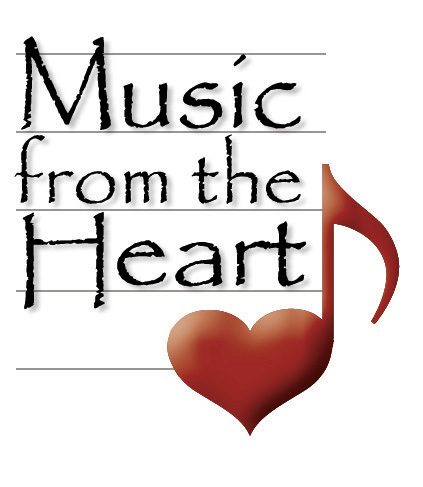The Americans With Disabilities Act celebrated its 30th anniversary last year and it was a huge deal. I was honored to have my song, “The ADA Anthem” used as intro and extro music for Lights, Camera, Access! production on the celebration.
Here is a memory from 1990.
On July 25, 1990, I returned from vacation a day early. My secretary was giddy.
There, awaiting me, was an elegant envelope from the White House.
I was invited to the signing of the Americans with Disabilities Act to be held the following day, July 26, 1990. I booked a roundtrip ticket from Cleveland to Washington D.C. on the earliest and latest flights.
With some trepidation, but based on our professional relationship, I telephoned Justin Dart Jr., the father of the ADA, and asked if I might become part of the program – singing my original song “The ADA Anthem” – written and performed for rallies towards the ADA’s passage. I faxed the lyrics. Late that afternoon, Mr. Dart phoned and informed me of arrangements for me to perform the next evening at the Senate’s
reception for the ADA’s coalition of Congressional and Disability Rights leaders.
The next morning, I arrived at the White House an hour early carrying my heavy guitar and backpack. A marine in dress-uniform ushered me onto the front row of the public section, behind Congressional seating on the South Lawn. As elected leaders filled their prescribed seating area, my new acquaintance next to me excitedly reported that Senator Edward Kennedy was directly in front of us.
A wooden platform would elevate the President above the 2,500 advocates and Congressional leaders who would witness the signing of the most comprehensive Civil Rights bill in twenty-five years. As President George H. W. Bush strode from the Executive Mansion across the platform, to the Marine Band’s “Hail to the Chief”, most of the gathered assembly spontaneously stood as one and applauded. But within moments loud shouts of “Sit down!” – “We can’t see!” broke from the rear, shattering the sultry summer solemnity. Senator Kennedy swiftly turned around to see who was so rudely interrupting this venerable demonstration of bipartisan respect. There they were, hundreds of people with varying disabilities using wheel chairs that positioned them at different heights – all being denied visual access. Two imperatives – overdue inclusion of people with disabilities and the tradition of standing for the President – collided.
Senator Kennedy and other early perceivers instantly began tapping shoulders leading the charge to sit. Thus began the long and arduous road of individual and community action leading to equal access.
Since that day, much progress has been made toward physical access to the built environment. The telecommunication network uniting deaf and non-speaking individuals with hearing telephone users has removed that barrier entirely. Modest steps have been taken towards expanding information and orientation access for those who have visual and print reading disabilities. In reality, the decision was made to exclude blindness provisions within the ADA’s specifics on barrier removal. That is why accessible pedestrian crossings are a local option, rather than a national mandate as are curb removals.
Concerning employment, we have slowly slid backwards. Fewer people with disabilities are employed today, than they were in 1990 and the ADA has helped companies protect themselves by giving them information about how to cover their assets.
The ADA is a work in progress, a shabby, battered one at that.
Perhaps the greatest accomplishment of the ADA has been the Omstead Decision by the Supreme Court which declared that being confined within a state institution for those with cognitive disabilities was a violation of their civil rights. That is the greatest liberation of Americans with disabilities I can imagine. Hooray for the ADA.
The evening of the day of the signing, I played my song, “The ADA Anthem” at the US Senate, following remarks by the lions of the Senate who sponsored the ADA, Senators Kennedy, McCaine, Harken and Dole.
That song has been played on the anniversary of the ADA every year since by musicians far and wide.
Thank you, Mr. Dart.
Your advocacy has given a soundtrack to the ADA’s commemoration.
